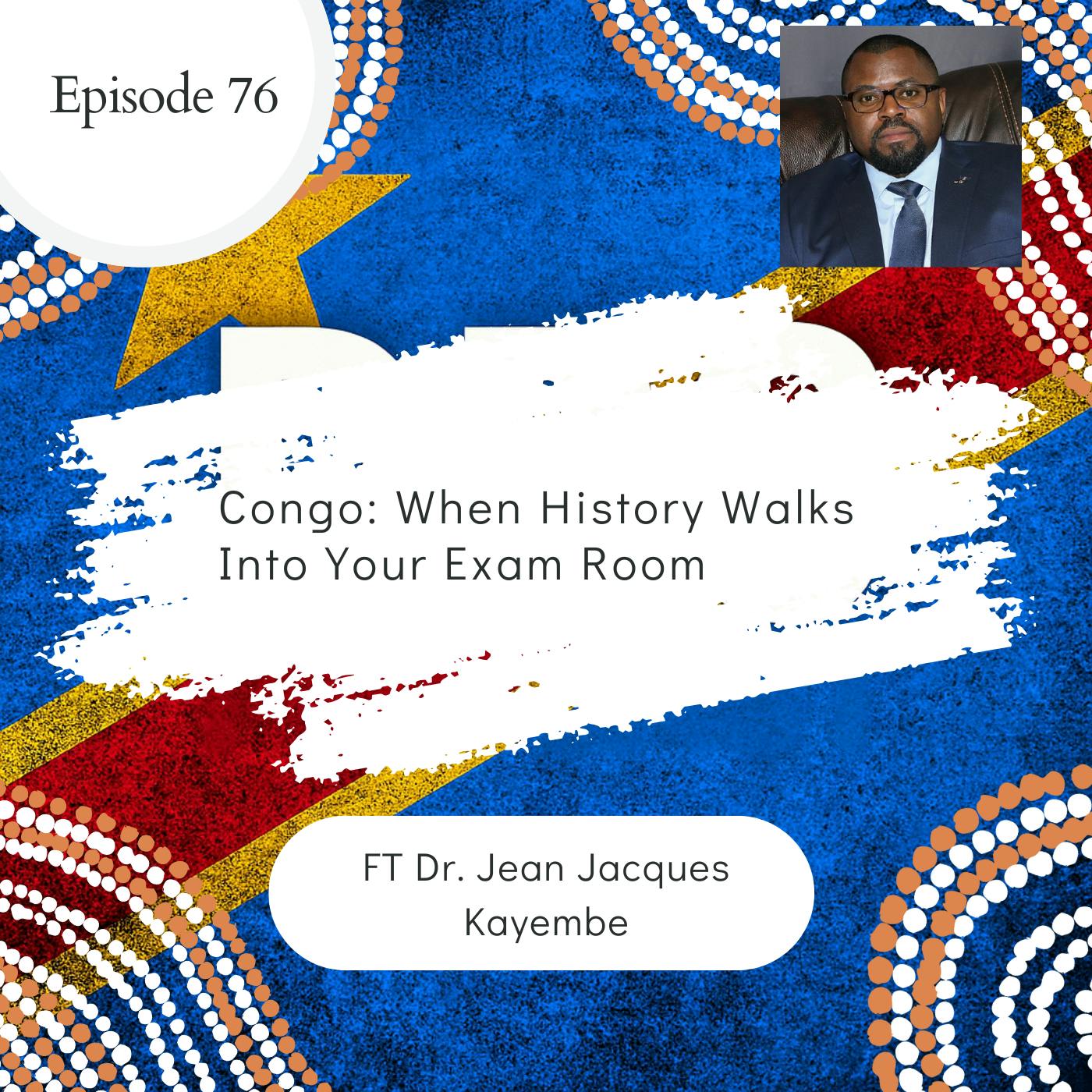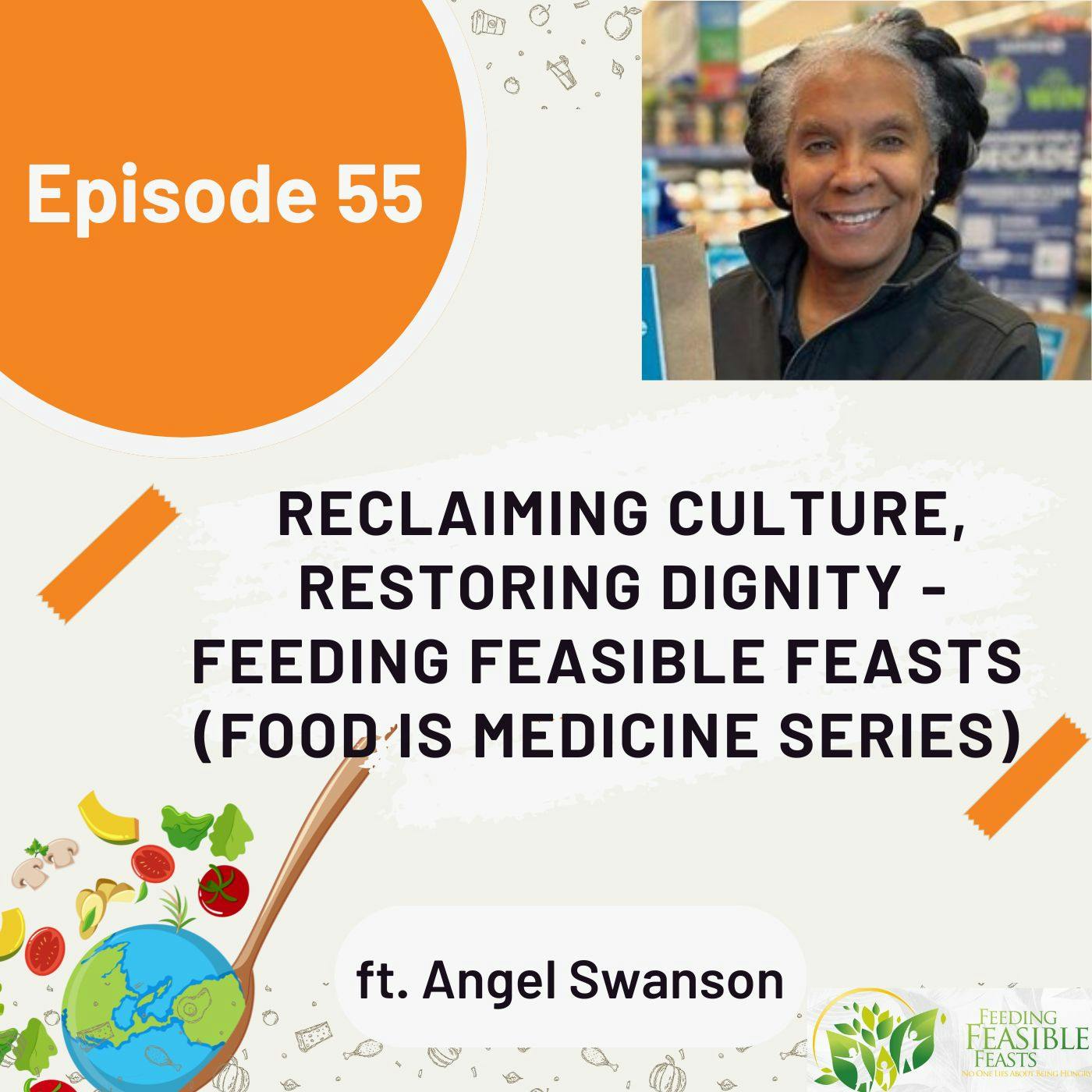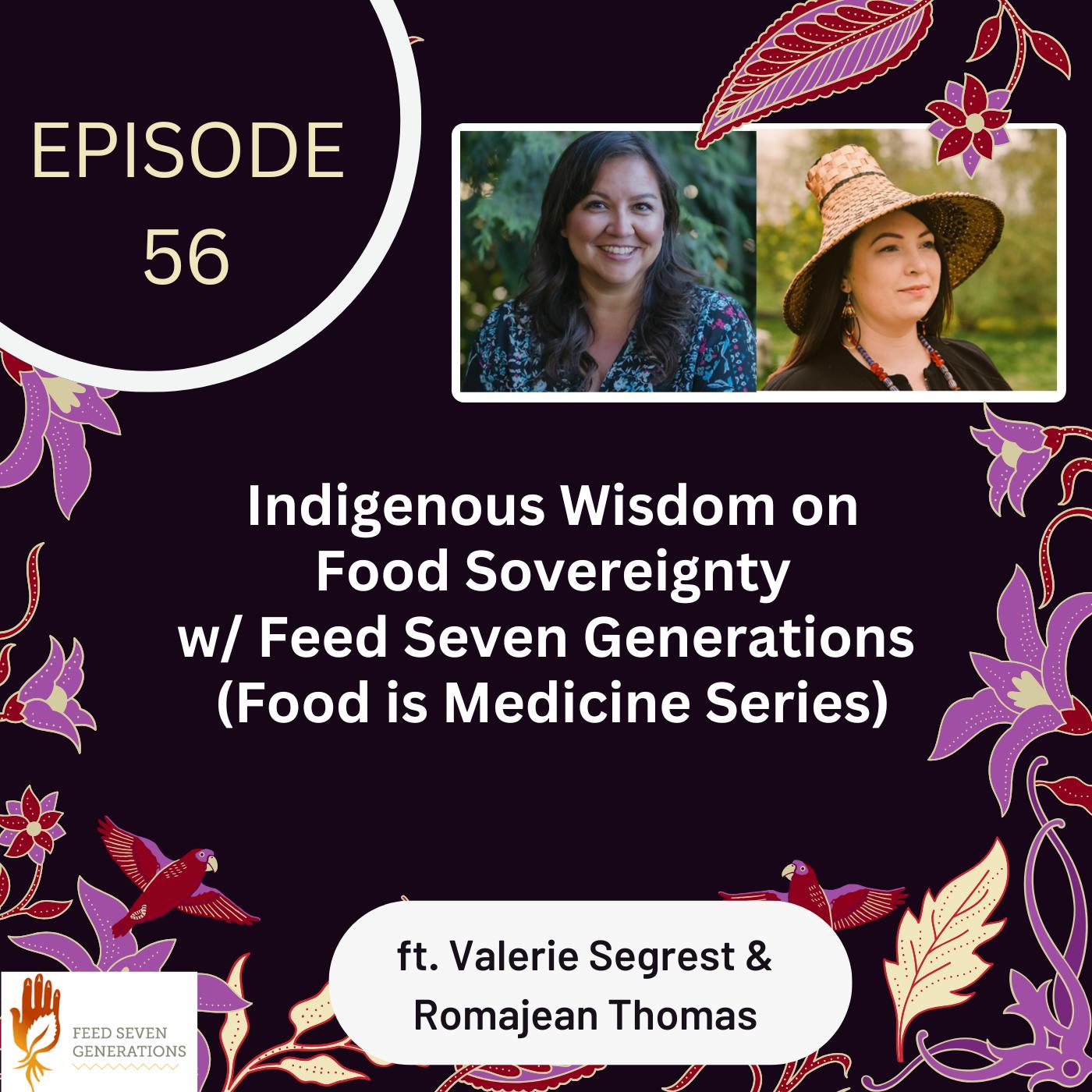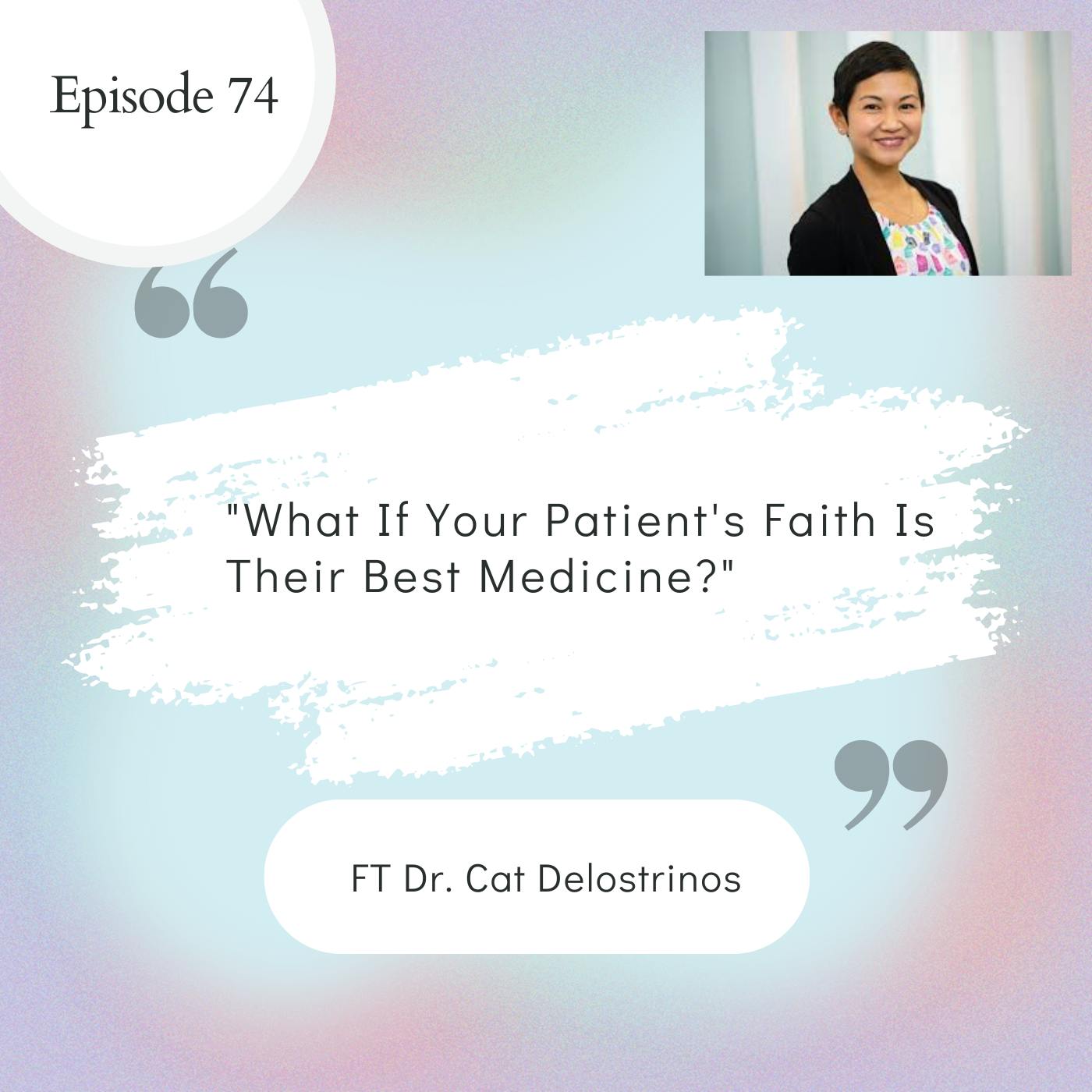76 I Congo: When History Walks into Your Exam Room


Overview:
We sit down with Jean Jacques, physician, community organizer to explore how the long and complex history of the Democratic Republic of Congo—including colonialism, resource-driven conflict, and trauma—shapes the healthcare experience of Congolese immigrants and refugees in the U.S. We talk through the diversity of Congolese identities, languages, and traditions, and examine how food, faith, and community form the backbone of cultural resilience, even as new challenges like diabetes, hypertension, and mental health stigma emerge after resettlement. Our conversation highlights practical advice for clinicians—from building trust and acknowledging trauma to asking about family and respecting cultural foodways—while also discussing the vital role of Congolese churches and grassroots organizations in healing and navigating the American healthcare system.
Three Takeaways:
-
Deep Historical Context Shapes Present-Day Healthcare
Jean Jacques gives a nuanced overview of how the Democratic Republic of Congo’s colonial and post-colonial history—including conflict over natural resources, genocide spillover, and foreign interference—directly affects how Congolese refugees experience healthcare today. Understanding these origins is crucial for providers because patients may carry deep-seated mistrust toward healthcare systems, especially given past experiences of forced medical campaigns and trauma from displacement. -
Language Diversity is a Barrier and a Bridge
The episode details that Congo is staggeringly diverse with “450 ethnic groups, over 5,000 dialects, and four national languages” aside from French. Many community members arrive in the US speaking little or no English—English might be their fourth language, as Jean Jacques shares from personal experience. Assumptions about shared language or uniformity can result in missed care opportunities; tailored language access and culturally sensitive interpretation are essential. -
Traditional Foods and Diet Transitions Present Unique Health Risks
Moving to the US shifts dietary habits—fresh, traditional foods are often replaced by processed convenience meals, contributing to increased rates of diabetes, hypertension, and heart disease in the Congolese community. Efforts to offer healthy-eating guidance (like suggesting less palm oil or leaner meats) often run up against powerful forces: taste, cost, cultural significance, and lack of culturally competent nutrition counseling.
Next Step:
- Visit our website, Healthcare for Humans, and join our community to enjoy exclusive benefits at https://www.healthcareforhumans.org/support/
- Support Our Mission: Non-clinicians, explore exclusive content and contribute to our collective journey.
- Be an Active Participant: Go beyond listening. Shape our narrative by co-creating episodes with us.
- Be part of our community by visiting https://www.healthcareforhumans.org/support/. Follow us on Instagram @healthcareforhumanspodcast
















![[Trailer] Healthcare for Humans—What to Expect [Trailer] Healthcare for Humans—What to Expect](https://megaphone.imgix.net/podcasts/1748088c-745b-11ef-b672-27a51a3b1b29/image/71de6bc878efe1b9d2b4111e38192435.png?ixlib=rails-4.3.1&max-w=3000&max-h=3000&fit=crop&auto=format,compress)